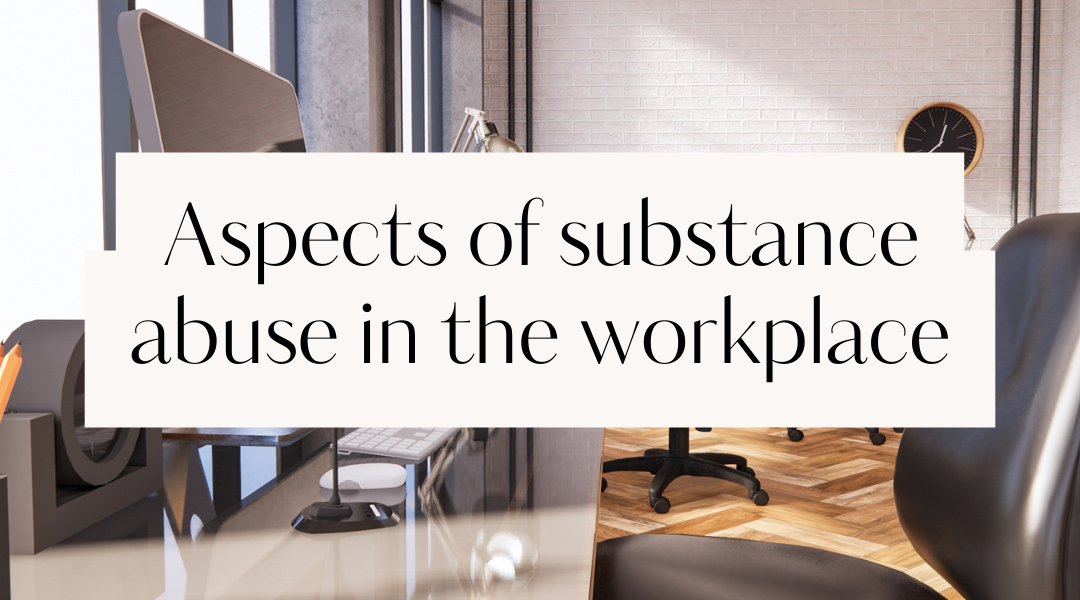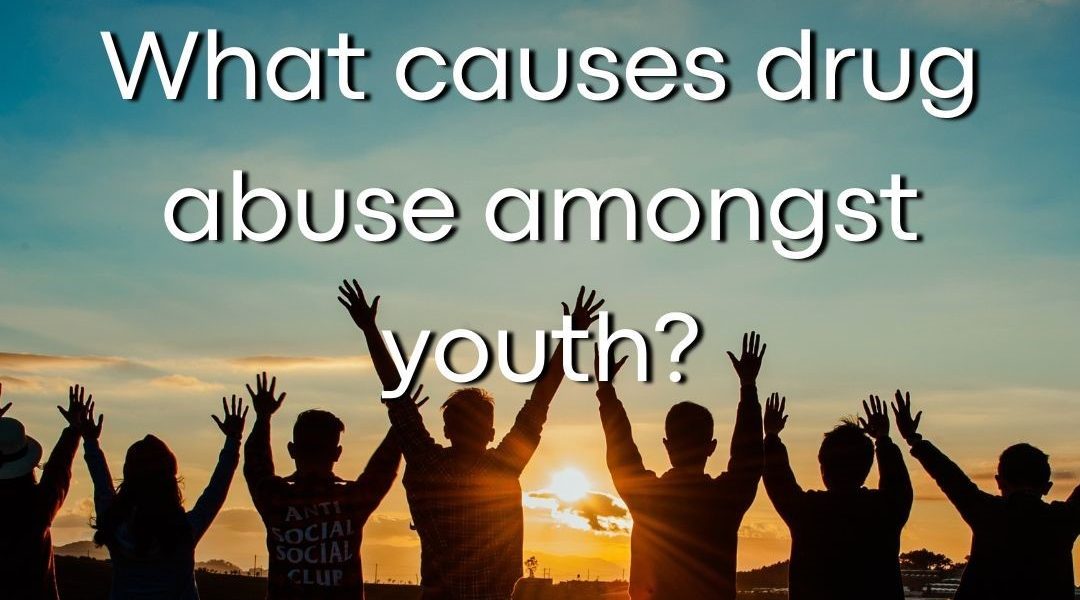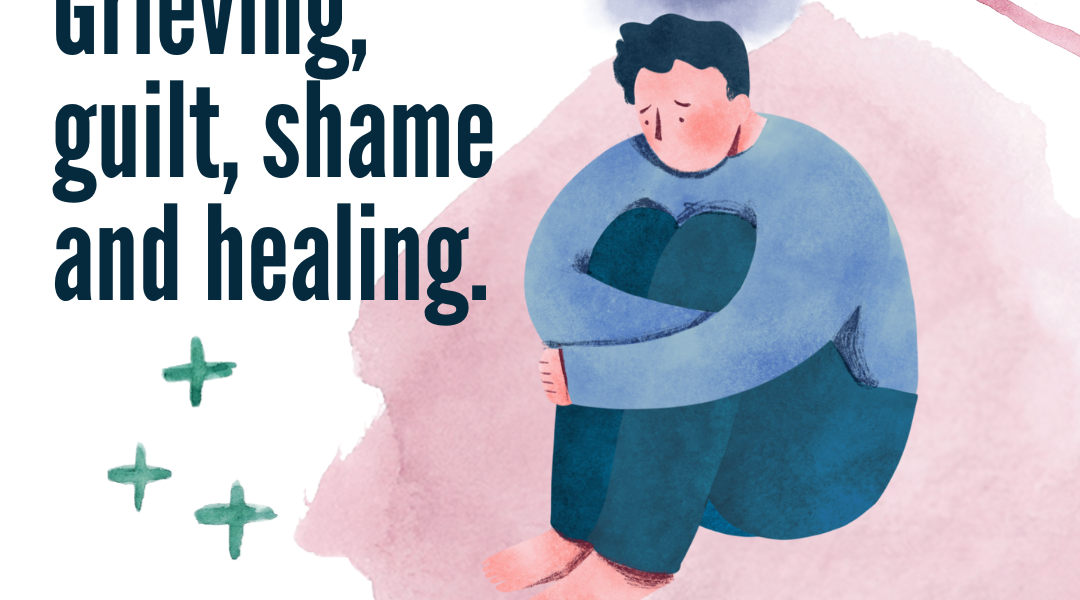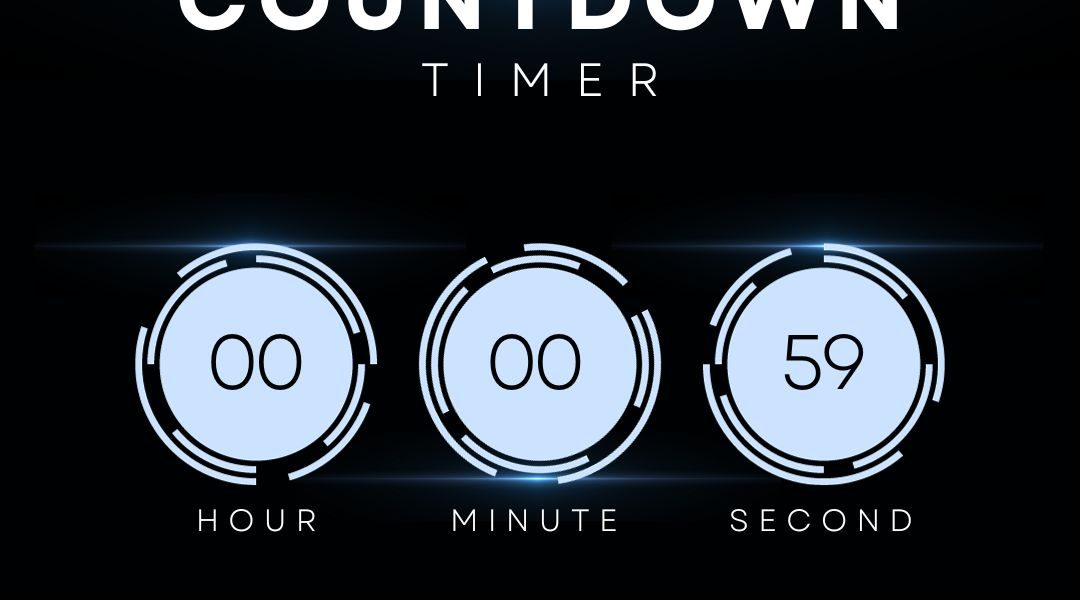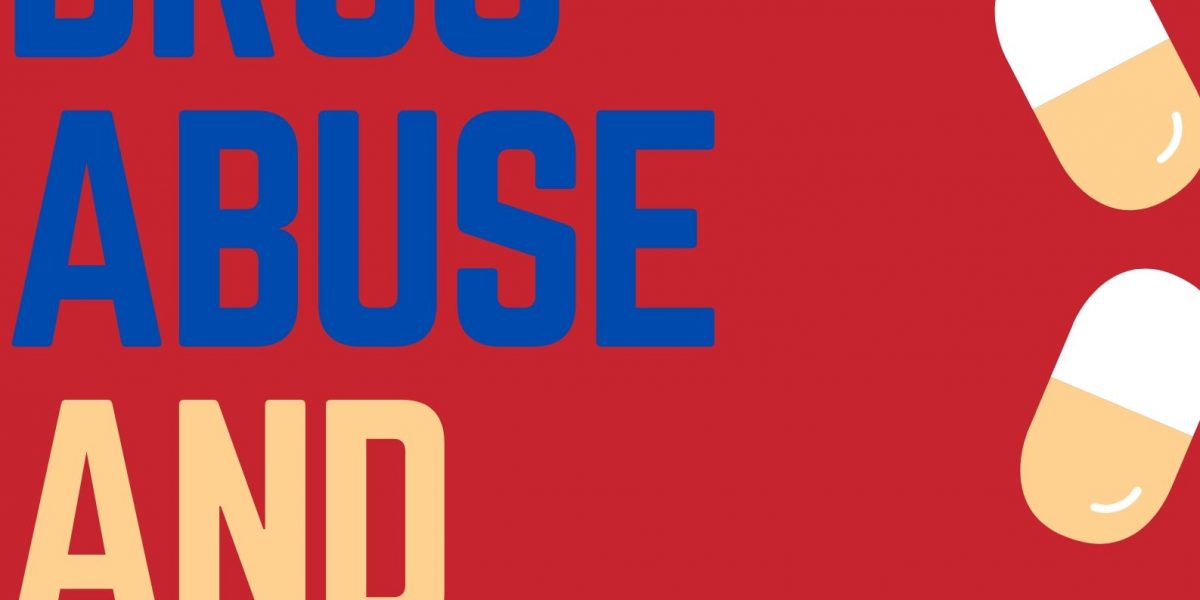Substance abuse affects the daily life in all aspects of a person suffering from addiction and addictive behaviours. This doesn’t stop even when a person is at work/working. The use of substances by employees in corporate and other work environments during working hours has become something that happens more often than you would think. Regardless of drug policy’s at work, drug tests that might be done or even possible risks of being caught. According to drugabuse.com “22.5% of people admit to using drugs or alcohol during work hours. 1 in 4 men admit to using drugs or alcohol in their place of work, while 1 in 5 women say that they have used drugs or alcohol in a professional setting.” Substance abuse and addiction are a huge global concern and very costly to all societies where they occur (Hitzeroth & Kramer, 2010:13; Miller & Weisner, 2002:3). Ignoring or sweeping the matter under the carpet in the workplace can become an occupational hazard. According to the Occupational Health and Safety Act (85 of 1993) Companies including any employer are responsible for managing the negative aspects of substance abuse in the workplace. Addressing the abuse of substances and helping employees or colleagues with substance abuse may benefit the work environment in the following ways: Saving on recruitment costs, as these employees or colleagues remain in the business following treatment. Reducing losses of absenteeism or impaired productivity of employees or colleagues; Creating a more productive environment for all employees. Creating and sustaining a positive moral culture in the office; Reducing the risk of possible injury or harm due to impairments; and Enhancing the public view or reputation of the business as informed and supportive. The International Labour Organisation(ILO)” code suggests that “employees with alcohol or drug related problems should be treated in the same manner as workers with other health problems.” So should an employee be identified or need help with their addiction problem, the employee shouldn’t be discriminated. They should get the benefits offered by their employer. Most organisations have wellness programs but in those that do not, assistance should be provided to the employee to get access to counselling, treatment, and rehabilitation. References drugabuse.com (accessed May 2024) (Hitzeroth & Kramer, 2010:13; Miller & Weisner, 2002:3). Occupational Health and Safety Act (85 of 1993) ILO publication, Geneva. www.ilo.org.za – accessed in May 2024
Read MoreThe National Youth Commission Act, 1996, defines youth as people aged between 14-35 years. According to Stats SA(2010) ‘’Youth in South Africa constituted 37% of the population in 2010, numbering 19.1 million individuals.’’ There is a rise in drug use by the youth in South Africa. This ranges from the Youth in Schools and economically active population. ”This is a tide that South Africa is struggling with”. Based on the most recent report received from the SACENDU (South African Epidemiology network on drug use) dated April 2019 , it’s indicated that that the most common primary or secondary drug used by Youth under 20 years attending specialist treatment centres is cannabis. Treatment admission for alcohol related problems remains less common for Youth under the age of 20 and more common for Youth above 20years old. These are stats based on people that have gone for treatment. Unfortunately, there are many others that have not received or gone for treatment for many different reasons. In recent years, much has been learned about the health effects of drug use by the Youth. The health effects of teen drug use can vary, depending on such factors as frequency of use, the kind of drug taken, how much is taken, how quickly it gets into the brain, what other drugs are taken at the same time, the differences in body size and chemistry, the length of time the drugs are used, and other components. Drugs are readily available to those who choose to use them in either an “experimental” way or to those who are chronic drug abusers. The consequence of such use, even casual use, can be devastating to both the user, to the user’s family members and society. Click here for part two(2) of this article as it looks into ”What are the causes of drug use amongst Youth.” References : http://www.sahrc.org.za/home/21/files/SA%20CHILDREN%2024%20MARCH%202011%20SAHRC%20_%20UNICEF%20REPORT.pdf https://www.samrc.ac.za/sites/default/files/attachments/2019-04-30/SACENDUFullReportPhase44.pdf https://www.statssa.gov.za/?s=youth%20population
Read MoreWhen a woman is struggling with drug addiction during her pregnancy, that drug use affects more than just her – it affects her fetus as well. The drugs can also have devastating effects on the child one he or she is born. Drug addiction and pregnancy should be treated as a very serious issue. A mother taking illegal drugs during pregnancy increases her risk for anemia, blood and heart infections, skin infections, hepatitis, and other infectious diseases. She also is at greater risk for sexually transmitted diseases. Most drugs cross the placenta – the organ that provides nourishment to the baby. Some can cause direct toxic, or poisonous effets and create a child who is born with a drug addiction. During pregnancy, a woman needs to take active steps to combat her drug addiction, if not for herself, but for the good of her unborn child. While most drugs don’t necessarily cause deformities, what they can do is stunt the growth of the child leading to low birth weight and having a baby born already addicted to drugs. Once that child takes his or her first breath, they begin the painful process of withdrawing from drugs. This puts stress on the baby’s organs and provides for a very unhappy life. As much pain as an adult goes through during withdrawal, the pain is compounded for a helpless child. A urine lab test performed on a woman during her pregnancy called a chromatography can detect the presence of many drugs including marijuana and cocaine. Marijuana use during pregnancy is linked to behavioral problems in the child and cocaine can bring on premature delivery and even stillbirth. Drug addiction is a very complex mental condition as well a physical one. During pregnancy, it becomes a serious health risk both for the mother and the baby. After birth, you may find yourself having troubles coping with the stress of a newborn. You may have difficulty dealing with your baby’s needs such as feeding and diapering. So what can you do if you are dealing with drug addiction during pregnancy? This can be problematic, especially if the child is not planned. The best thing you can do is to stop using drugs immediately. Sure, this will cause severe physical symptoms, but those generally subside within a few weeks. Get yourself into the Clearview Clinic Treatment treatment program and get counseling. A pregnancy is exciting, but when you are struggling with drug addiction, it can be painful. You owe it to yourself and you owe it to your child to beat your drug addiction and have a healthy pregnancy.
Read MoreThe fact is that life has its ups and downs. This can be as a result of a chain of personal or professional sufferings. As individuals we have different ways of coping. Some of us tend to cope with our hardships by resorting to the abuse of substances including alcohol or other forms drugs that will not only affect our health negatively but can add more suffering to our personal or professional hardships as well as affect others that are around us negatively. Imagine going out one night to meet up with a friend at a bar where you went to drown your sorrows. Having one too many glasses of wine and the next thing finding that you crashed into a car at a stop light on your way home. Finding that two of the passengers in the car you crashed into are seriously injured and there is no one else to blame but you, the drunk driver. There is absolutely nothing worse than knowing your actions have hurt innocent people. The feeling that you get from this is shame and guilt. You feel like you don’t deserve to live, that it should have been you instead because you are experiencing hardships and you feel like your life is miserable, worthless and lonely. Lamia, M. (Emotions: the engine of attention, (2010) p.81) points out, that “the feeling of guilt, blame and shame is the most dangerous especially when you are experiencing your own personal or professional hardships”. The feeling of guilt causes you to experience mental discomfort and pain. No person likes the feeling of pain. So when you start feeling that pain you end up telling yourself that you need to numb or do something to help you forget about this pain. Overcoming Guilt Overcoming guilt doesn’t need to be lifelong journey. Taking the right steps and action plan can make the feeling of grief and shame temporary. Here are a few things you can do to combat the power that guilt has over you. Share your feelings with a loved one or talk to someone or people that are in the 12 steps program. Consult a professional mental health practitioner like a psychiatrist, psychologist or social worker. Share goodwill. Nothing beats the spirits of giving back. Doing good or helping others will assist you to focus off yourself and your problems. Give a helping hand to those that can use your help. May it be animals or people.
Read MoreThis is just one of the most agonizing questions loved ones ask themselves when they are thinking of getting a family member that’s struggling with drug/alcohol addiction help. When is the right time to say you’ve had enough and something needs to be done? Unfortunately, a lot of the time you find families/parents waiting for a long period of time before they say enough is enough. But whilst they wait the addiction gets worse, things fall apart, sometimes lives are put at risk, people get hurt, jobs are lost, future progress ruined and the addiction gets more difficult to treat. So the answer to the question “WHEN IS THE RIGHT TIME TO GET INTO REHAB?” shouldn’t be “When the time is right” or “When we can’t manage to cover the situation anymore”. The answer to this question should be” as soon as we see a problem”. You might be asking yourself what sort of problem to look out for? Well, the following indicates some of the problems to look out for: When the substance addiction is keeping your loved one from going to school/work or holding down a job. When your addicted loved one is making family life unbearable because of his/her addiction. When you are afraid for their safety. When the addicted loved one has got into trouble with the law/at school because of his/her substance addiction/use. When he/she has gotten into financial trouble because of his addiction. When they try to stop using but they fail. Source: https://ncadd.org/about-addiction/signs-and-symptoms/what-to-look-for-signs-and-symptoms This is just some of the problems that should set alarms. It’s never too late for anyone to get into rehab and start treatment. The sooner you start the better. “Recovery is not only possible, it’s a reality.” A lot of times families try to cover the addiction of a loved one because of the stigma associated with addiction. But if you send a loved one to rehab and admit the family can’t cover for this addiction any more, things will change in all your lives. Rehab has benefits and admitting there is a problem and getting your loved one help is so much better that trying to cover it up. It will not only end with Rehab. Rehab will give them a chance to a new and healthy life. If he/she attends the programs and actively works towards living a sober life, your loved one will once again enjoy a happy life. So, when is the right time to get your loved one that’s having problems with substance addiction/use? The answer is NOW! Talk to your loved one and help them find a treatment centre that offers an individualized treatment program.
Read More“I, Bride/Groom, take you (Groom/Bride), to be my (wife/husband), to have and to hold from this day forward, for better or for worse…”. These are just some of the traditional vows that are spoken when getting married. Other couples are together and not married but what they have in common with married couples is the love they share for each other. It has been known that relationships or marriage with a combination of the abuse of substances does not go well. When you are in a relationship with a spouse or partner that uses or is addicted to substances it’s like dropping a stone into a puddle, it causes a number of ripple effects which affect that of which is near. It is not only the person that is abusing the substance(s) that feels the effect of their action. The children, family, friends, colleagues and spouse or partner are also affected by this. Timothy J. O’Farrel and William Fals-Stewart of Guilford Press-psychology (2006) have found that couples that have problems that are not substance related but look for help to fix their marriages are happier then couples that are struggling with substance abuse problems. As the alcohol or drug abuse gets worse it starts to take a toll on the marriage where the drug abuser takes more time to entertain his/her substance use than to attend to his/her spouse. This leads to arguments and fights. The fights can be physical. The continued fighting often fuels further drug/substance abuse resulting in further fighting. Couples get trapped in a vicious circle of destruction where the substance user abuses more substances and their loved ones try to control or fix their partners. Finding Help in treatment There are a number of treatments including rehabilitation treatments that are available to help individuals or partners that are struggling with addiction. These will involve: Individual counselling Group counselling Self-help meetings Support groups When you are struggling and have a problem with drinking or using drugs it’s worth it to enter treatment not only for yourself but for your children, spouse and other people that your habit is negatively affecting. In some situations some partners have substance abuse problems but do not want to look for help or even go for treatment because they do not see any problem or they have built up a stigma behind going to rehabilitation clinic or support groups. Alcohol and drug treatment programs have help for concerned family members and work with this very issue. They can provide information on motivating your partner to consider getting help. You might be asking yourself: “What about our Relationship?” “Will it be fixed?”. Treatment for individuals that are struggling with addiction include partners. It is very important that problems in relationships are treated. This treatment will include Couples counselling and Family re-integration.
Read MoreFrom our last article we looked at some of the statistics concerning the Youth, substance use and health effects of substance abuse. In this weeks article we briefly look at some of the causes of substance abuse amongst the youth. We are human from fertilization with the Embryo’s Conception to birth and so on. Although this article is focusing more on youth, the causes of drug use are similar across the board. There is a close correlation between Substance abuse and mental health conditions. ‘’Recognizing anxiety, depression, and other mental disorders—and even the symptoms of these conditions—in youth and helping children to cope, treating them when necessary, is the best approach because then they will be less likely to seek drugs and alcohol to treat the symptoms of these conditions,” Kathleen R. Merikangas, PhD. There are many different reasons behind drug use by Youth. Some of the reasons include the following : – Curiosity/Experimentation – Peer pressure – To gain weight/lose weight – To relax from the Stress – Emotional struggles – A desire to escape Family history may also have an influence in being a part of reason a person becomes addicted. Although poor choices are part of being a teenager, they can’t be blamed for their genes, especially if they haven’t been educated. If there is a family history of addiction, be honest and open a dialogue about the real risks of substance abuse. Youth with prior psychiatric conditions have a Higher risk of using/abusing alcohol and other illegal drugs. Substance abuse amongst Youth causes a huge problem in every area of a young person’s life. Experimentation is something that is real and is one of the things that play a big role in teenage drug abuse. References: www.helpguide.org IOL News article – 2017
Read MoreDrug addiction is a disease. There’s no doubt about that. In fact experts say that drug addiction is more of a brain disease than anything else. Scientific advances have offered amazing insights into how the brain works and what drugs do to the way the brain functions. Luckily, however, this disease is treatable and curable. Although drug use initially is voluntary once an addiction develops, that control is markedly changed. Imaging studies have shown specific abnormalities in the brains of some, but not all, addicted individuals. While scientific advancements in the understanding of addiction have occurred at unprecedented speed in recent years, unanswered questions remain that highlight the need for further research to better define the neurobiological processes involved in addiction. Recent studies have increased our knowledge of how drugs affect gene expression and brain circuitry, and how these factors affect human behavior. They have shed new light on the relationship between drug abuse and mental illness, and the roles played by heredity, age, and other factors in increased vulnerability to addiction. New knowledge from future research will guide new strategies and change the way clinicians approach the prevention and treatment of addiction. When we approach drug addiction as a disease instead of as a choice, the treatment options are greatly increased. We can research what areas of the brain are affected and find the best methods to address that affliction specifically. Doctors treat cancer, diabetes, and other disease like this, drug addiction should be no different. Viewing drug addiction as a disease can also help researchers delve further into genetic propensity to drug use and addiction. That means we will know whether or not drug and alcohol use is linked to our family history and will be able to tackle the problem before it actually becomes a problem. There are medications available to treat withdrawal symptoms when a person stops using drugs, but when drug addiction is researched as a disease, scientists will be able to come up with new medications that could actually prevent drug use from becoming an addiction. Similar to medications that make alcoholics sick when they drink. There are all sorts of diseases in the world. There’s no doubt about it that drug addiction is one of them. We need to start looking at it in that way and then taking the appropriate steps to treat drug addiction just as we would another disease like cancer or Alzheimer’s.
Read MoreDrug addiction is the subject of many books that are out on the market today. When you have an epidemic that so many people suffer from like drug addiction, writers often make that epidemic the subject of their books in the hopes that they will be able to help people recover from their problems and leave their unhealthy life behind. Walk into any bookstore, go to the self-help section, and see how many books there are on drug addiction. For those who are struggling with addiction, it can be a soothing sight. If you have a loved one with addiction, it’s a comfort as well to know that there are so many tools available for you to help your loved one beat their habits. A quick search on www.amazon.com or www.takealot.com for “drug addiction recovery” shows over 200 books available for sale. That’s a huge selection to choose from! There are also a number of e-books available online that can be purchased and downloaded often for just a little bit of money. These e-books are often written by very qualified people who have researched the subject in-depth and brought together information from various sources. The advantage to buying an e-book is that you don’t have to pore through several different websites to get information plus, you can usually download them any time of the day or night. How convenient is that? You don’t necessarily have to buy a book on drug addiction. There is a wealth of information available at your public library as well. Most libraries will let you keep your book for an extended period of time as long as you continue to renew the check-out. What should you look for in a book on drug addiction? Actually, a lot! First, look at the author. Are they a medical professional or a therapist? Do they have the qualifications and credibility to write a book on drug addiction? Is the book organized well and easy to read? Does it have chapters that apply to your particular situation? When you look over the index, see if anything interests you or looks like it’s something you have never thought about when it comes to drug addiction. Of course, price has got to be a big factor when you are choosing a book on drug addiction. Will you be getting the information you need for the money you will be spending? Most books will be priced in the R50 to R500 range at the bookstore. E-books are generally much cheaper, so keep that in mind when making your selection. If you are dealing with a drug addiction or have a loved one with a drug addiction, books can be great resources for getting help with the problem. Being pro-active when it comes to the situation you are in makes recovery from drug addiction a slightly easier road to travel. When you are armed with information, you’ll have the tools you need! At Clearview Clinic we have a team of qualified expects who are available to answer any questions that you may have. We follow a holistic in-patient rehabilitation program for individuals struggling with drug addiction. Call today on +27 12 819 1422 or +27 61 424 1939 (24/7) or email us, for an assessment. Its better now than later!
Read MoreThere is a reason people become addicted to drugs. The psychiatric aspect of addiction to drugs can be very powerful. Our minds are very complex and the thoughts we have can become rulers in our lives. Because we are these complex beings with the capabilities of thinking and reasoning, we often discount the mind as just a small part of who we are. Nothing could be further from the truth. The psychiatric implications of drug use are ever prevalent and can wreak havoc in the lives of someone with an addiction to drugs. What exactly are we talking about? The psychiatric aspects of the mind and how our mind can control our lives is something mental professionals have known about for a while now. It’s time you learned yourself. For example, if you are the child of an addict – whether it be a pot-head parent or an alcoholic parent, your mind begins to justify your own marijuana use or alcohol use as being alright. After all, if your parents are doing it, it can’t be all bad for you – right? Well, that’s what your mindset becomes. Drugs also have an effect on the brain. It’s a proven, scientific fact that addiction is a brain problem. When you start using drugs, your brain gets used to having that drug around. When it’s not present, your mind starts “talking” to you and you believe what it says – that you must have that drug to function. What can you do to try and beat the psychiatric implications of drug addiction? The best answer to that question is to get some help. That means talking to a counselor or health professional about your addiction and asking ways that you can overcome your addiction. There are many programs available to people who are dealing with drug addiction. They treat both the mind and the body, because you will be going through some withdrawal symptoms when you decide to stop doing drugs. With professional help, you will be able to successfully conquer the hold that drug addiction has on you, your life, and your mind. At Clearview Clinic, we follow a holistic in-patient rehabilitation program for individuals struggling with drug addiction. Call us today on +27 12 819 1422 or +27 61 424 1939 (24/7) for an assessment. Its better now than later!
Read More
